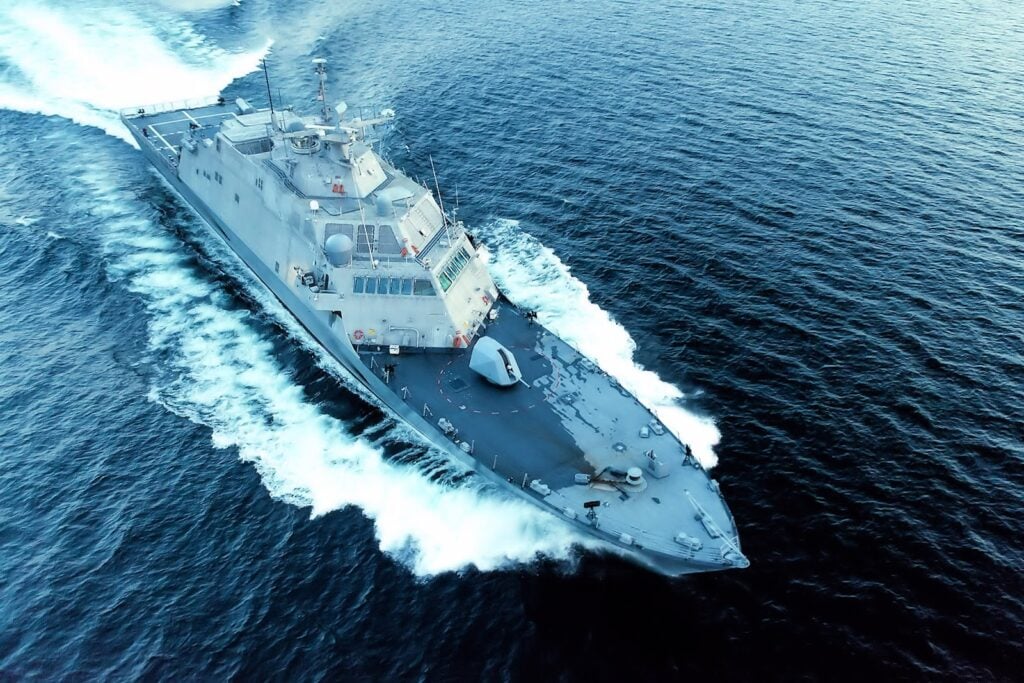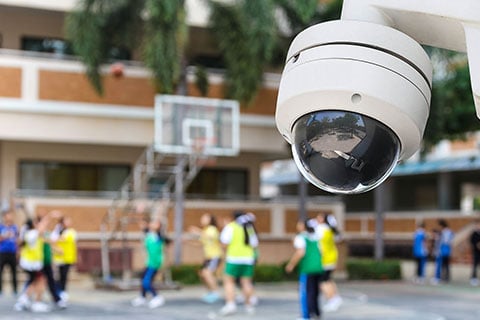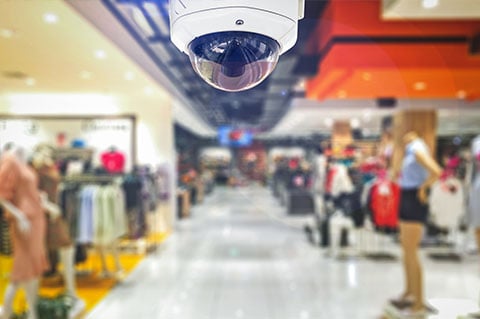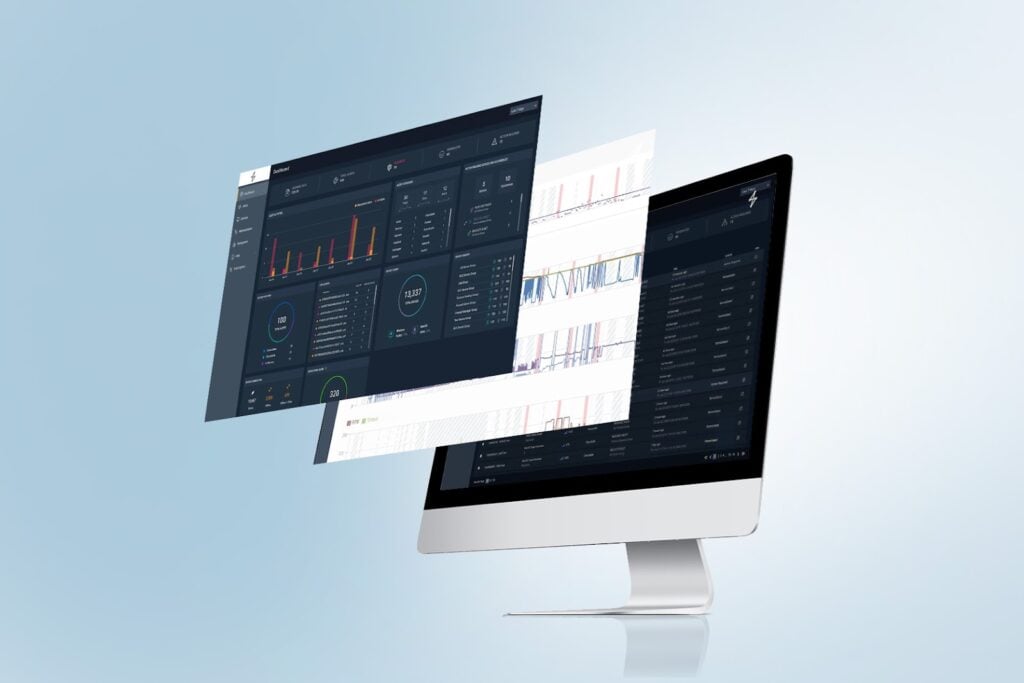When boarding an airplane, you’re probably not wondering how many hours of sleep your pilot got last night. However, new research into the effects of fatigue on pilot safety and effectiveness indicates that maybe you should. Up to 92% of commercial pilots reported feeling unfit to fly due to fatigue at least once during the past 3 years. But, fearing disciplinary action, only 20-30% filed a report and refrained from flying.

Pilot fatigue isn’t just about falling asleep in the cockpit. Flying a plane while tired means diminished cognitive functioning across the board, which can be as impairing as drinking alcohol. One study found that sleep deprived pilots responded to blinking warning lights up to 66% slower than their fully-awake counterparts. They were also twice as prone to making errors, which can have tragic consequences. The National Transportation Safety Board reports that up to 7% of all air accidents are directly attributable to pilot fatigue, accounting for hundreds of fatalities over the past decades.
So what can make flying safer for pilots and passengers? One answer: artificial intelligence.
Characterizing Flight Risk
AI excels at finding subtle correlations between variables and datasets, even when the relevant data is scant or incomplete. A first way that machine learning and AI can be deployed to make flight safer is by identifying the factors and relationships that contribute to pilot fatigue, and flagging particularly risky flights based on those criteria. With data on pilots’ schedules and destinations, a machine learning algorithm could monitor the amount of sleep time that pilots had prior to flight, as well as the total number of resting hours they’d had in the week before takeoff. Merge that data with real-time information on weather, mechanical mishaps and delays, as well as historical data on past trips, and you’d have the tools necessary for an automated system to characterize the fatigue risk level associated with each flight.
Such risk profiles would be helpful not only in preventing dangerous flights, they could also help airlines and flight controllers improve their scheduling process in general. Current scheduling systems rarely take into account the factors contributing to fatigue when planning flight paths and times because the amount of information is far beyond what humans can handle. An AI-powered scheduler, on the other hand, would handle the vast amount of data on pilots and flights with ease, recommending when and where to assign them to minimize the factors contributing to fatigue.
Biometrics in Flight
Next, AI may reduce pilot fatigue through processing of biometric data. Thanks to the ever-growing number of IoT devices and the data produced by them, we have new ways to track our health. Smart devices measure our sleep quality as well as biometric indicators like hydration and heart rate that can predict wakefulness. And if machine learning-powered programs like SparkPredict are already predicting mishaps in the most complex industrial systems, what’s stopping them from predicting them in biological ones?
In the future, biometric data from pilots’ smartphones and watches may be automatically analyzed for signs of fatigue or illness. Where SparkPredict flags anomalous behavior in assets like turbines and compressors, its pilot-monitoring equivalent could let pilots know when it’s time for an activity break, or even a controlled cockpit nap (something which the Federal Aviation Administration recommends under certain circumstances). In more extreme cases, it could alert flight controllers of pilots unfit to fly well before they enter the cockpit.
Privacy
When it comes to biometrics data, though, privacy concerns abound. Data from machinery is one thing, but data from human beings is something else entirely. Should pilots be required to submit biometrics data prior to flying? And who, if anybody, would process it and make decisions about who can and can’t fly? The Defense Department has already published a 60-page manual outlining legitimate types of biometric data collection for military service members. Using such data to predict fatigue isn’t mentioned.
Nevertheless, AI stands to revolutionize air travel in more ways than one. In July, we announced our partnership with Boeing NeXt to build the next generation of autonomous aircraft for applications in transport, logistics, and other areas. For the foreseeable future, though, skilled pilots will continue to transport passengers around the globe. Through a combination of sound policy and advanced technology, we’re confident flying can be made safer for everyone.
















